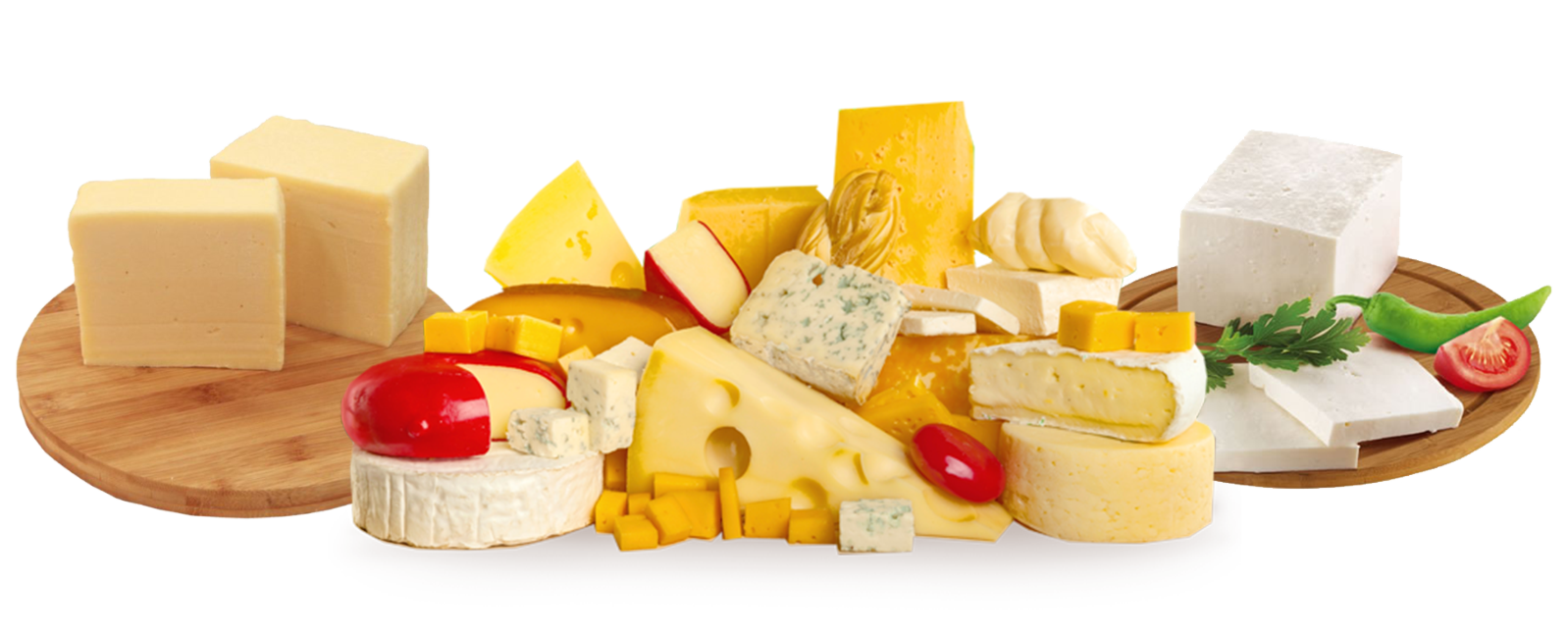Global Cheese Food started its commercial life from 1982 to 1990. In business sense;
- Unconditional Customer Satisfaction,
- Honesty,
- Quality,
- Continuity in Service
aiming to make domestic and international customer demands timely.
Our company will continue production process in the direction of expectation of domestic and foreign market customers with production of all kinds of cheese in production facilities in Istanbul, Bolu and Hatay.
It has a strong marketing and customer network, especially from the supply of cheese products in Iraq and other Arab countries.

MISSION AND TARGETS
The mission is to present the most healthy, delicious egg and egg products to the customer in accordance with national and international food safety management requirements.
The goal is to market and market eggs with the principles of Food Reliability and Traceability for the duration of our business.
OUR QUALITY POLICY
Unconditional Customer Satisfaction, Honesty, Quality and Service Continuity Targeting Customer Demands Timely and Meet,
Using the quality raw material standards determined by the World Health Organization, to apply the food safety standards by producing them in 100% safe, healthy and hygienic conditions required by the industry,
In order to achieve this, we keep the human and environmental health on the first plan by continuously educating all our employees and suppliers about Hygiene and Sanitation.
To meet the food safety management requirements while aiming to offer the highest quality To constantly improve the food safety management conditions,
Requesting and communicating information on food safety, without compromising legal requirements and legislation.
HALAL FOOD AND HALAL CERTIFICATE
The concept of Halal Food takes place in the international Codex Alimentarius Commission documents in the sense of "food permitted in line with Islamic rules" and is defined as "food which is prepared, handled, transported and stored in places or devices which are free from any elements prohibited by Islamic rules, as a non-direct contact product at the stage of preparation, processing, transport and storage with any food produced ".
WHAT IS HALAL CERTIFICATE?
Halal certification is a method involving the verification of a productive inspection, a production in accordance with halal standards, and an accompanying certified document, in accordance with a competent, impartial and impartial body. In addition to the condition of being halal in health, fitness and purity must be conditions. Also Halal Certification. It also provides food safety support services to the control units of the country administration.
ABOUT CHEESE
Cheese is healthier in terms of health:
Cheese has the highest nutritional value among dairy products and is a rich source of essential ingredients such as protein, minerals and vitamins. Vitamins A, B and E contain calcium and phosphorus. Cheese is a protein value that meets the same requirements as milk. Especially rich in white cheese and curd protein.
100 grams of cheese meets the daily mineral requirement of an adult person.
Cheese is easy to digest and helps other food to digest. It is the head crown of the sofas because of this feature.
Cheese slightly increases total fat intake. Also, the rate of colesterol is one of the lowest.
There is no lactose in the cheese and the yada is very low. For this reason, cheese is an alternative food for those who have difficulty digesting milk.
Cheese improves height prominence in children and helps bone development. It allows the bone structure to remain strong in women. It is also an indispensable food for dental health.
Cheese Hiding:
Cheese should be stored at 3, 5 ° C in the absence of light (in the refrigerator, in the vegetable eye).
If the cheese will not be consumed immediately, it should be stored in its package. After opening the packaging, it must be protected by wrapping it in the storage cabinet or packaging materials. Otherwise, the cheese will lose its moisture, flavor and taste will decrease.
Feta cheese; After opening the packaging, the drinking water can be stored in the prepared liquid by adding enough salt to swim the egg. Thus the process of maturation of the cheese continues. The cheese slices must be stored separately so that the external environment can be removed. Shelled cheeses (such as old cheddar) must be stored before the shell is cleaned and cleaned immediately before consuming the cheese. Cream cheeses must be stored in their own packaging and covered closed. Frying cheeses should be kept in water for 4 - 5 hours before consumption to reduce water.
Cheeses other than white cheese are not washed, contact with water leads to loss of flavor and aroma of cheese.
When cutting white cheeses, soaking the knife helps to cut the cheese properly.
Advantages of packed cheese:
Prevents contamination of the cheese during service (use of tools that are not clean when the tin is opened, not to use gloves during removal of the mold, etc.)
The package contains information that illuminates the consumer, expiration date, nutritional value and content.
The package prevents the product from being deformed and prevents bad smells from spreading the cheese.
Consumer packaged cheese can be stored in the refrigerator for a long time without opening the vacuum package, it does not have to be consumed immediately.
Watch out for cheese:
White cheese should not be too porous. excess of pores indicates acidic milk used.
White cheese should not have been exposed to too much water in its packaging, otherwise it would appear to be immature.
White cheese, which gives too much sourness when it is tasted, is not good. But a little sourness shows that yoghurt culture is used.
Fresh kashar cheese is light yellow in color, homogeneous, milk fragrant, easy to slice and less salty. The tongue cheese should be low in salinity and the fiber fiber should be able to separate.